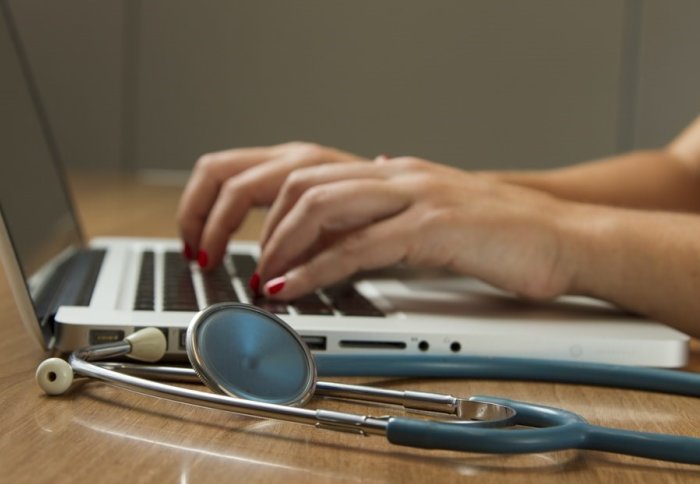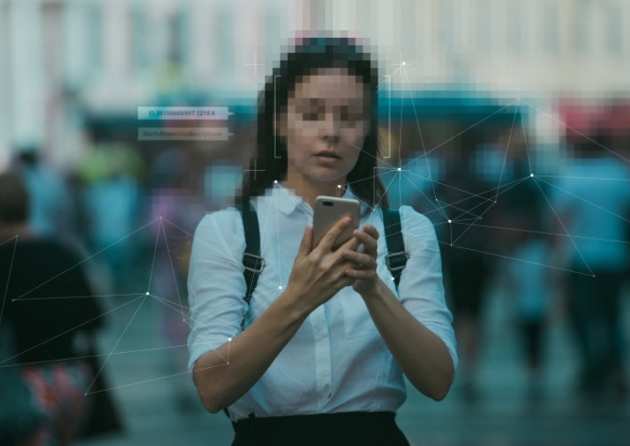How Imperial Computing researchers are contributing to the COVID-19 response

COVID-19 and Computing
When we think of COVID-19, we don’t always consider the impact of Computing. Fighting the coronavirus is a major challenge for our societies that will require us to leverage every tool and technology at our disposal. This article is about some of the incredibly important work that members of the Computing department are contributing to the response.
Using mobile data to fight COVID-19 whilst maintaining privacy and anonymity
Several countries are considering using mobility data from telecom providers or tech giants, while some have already started. Smartphone apps collecting close-proximity data have been trialed in the last couple of years. many people are concerned about the data being shared with governments without being private and anonymous. Dr. Yves Alexander de Montjoye said: is exploring how to use the data without enabling mass surveillance.

“We need to do everything we can to help slow the outbreak. Contact tracing requires handling very sensitive data at scale, and solid and proven techniques exist to help us do it while protecting our fundamental right to privacy.”
The following white paper poses 8 privacy questions for anyone involved in the processes of using mobility data for the response to this pandemic. https://cpg.doc.ic.ac.uk/blog/evaluating-contact-tracing-apps-here-are-8-privacy-questions-we-think-you-should-ask/
Automatically monitoring ambient speech and sound to detect COVID-19
Professor Bjoern Schuller of Imperial's Group on Language, Audio & Music (GLAM) are using speech and sound analysis with artificial intelligence to automatically recognize and monitor breathing, dry and wet coughing or sneezing sounds, speech under cold, speech with or without wearing a facial mask, eating behavior, sleepiness, and more. Using computer audition (CA) types of related or contextually significant phenomena can be automatically assessed from speech or sound, instead simply recording the sound, understanding the content. Potential use-cases include risk assessment and diagnosis based on symptom histograms and their development over time, as well as monitoring of spread, social distancing, and its effects, treatment, and recovery, and patient wellbeing. The group is confident that computer audition is ready for implementation of pre-diagnosis and monitoring tools, and are hopeful that its rich and significant, yet so far untapped potential, can contribute to the fight against the spread of COVID-19.
Please read the position paper for more details:
https://arxiv.org/pdf/2003.11117.pdf
Using smartphones at night to search for potential treatments for COVID-19
In partnership with the Vodafone Foundation, the ‘Corona-AI’ project uses DreamLab - to help in the fight against the coronavirus pandemic. The DreamLab app has already helped find potential new cancer drugs by using a smartphone’s computing power while the owner of the smartphone sleeps. The app works by creating a network of smartphones to power a virtual supercomputer, capable of processing billions of calculations. The calculations will help Imperial scientists identify existing drugs and food-based molecules with antiviral properties. Ultimately, with the hope of enabling tailored treatments to be developed for patients with COVID-19.
Professor Michael Bronstein, a member of the DreamLab collaboration from the Department of Computing Imperial College London, said: “We are using network-based AI methods to identify antiviral compounds amongst a dataset of thousands of molecules, by modeling the network effects of the interactions between these molecules and biomolecules in our body.”
Read the full story here: https://www.imperial.ac.uk/news/196733/new-covid19-project-will-power-smartphones/
Special thanks to Dr Jackie Bell and Dr Madasar Shah for contributing to this article.
Article text (excluding photos or graphics) © Imperial College London.
Photos and graphics subject to third party copyright used with permission or © Imperial College London.
Reporter
Mr Ahmed Idle
Department of Computing